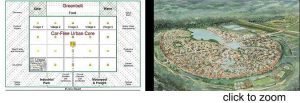
An idea whose time has come.
The Market Town is a natural bubble large enough to keep the economy working while protecting public health
The lockdown exposed how vulnerable our NZ development patterns have made our economy. To stop the spread of the virus, we had to isolate people. Stop work, stop school, stop shopping. This is because our District Plans are zoned – they are transport based. Coming out the other end, the worst thing we could do would be to resume building based on such deeply flawed development patterns.
A Market Town is a much older development pattern that is human-scaled, and by design provides a larger bubble that has multiple barriers to protect public health while enabling the economy to function normally.
………
Why A Different Development Pattern?
Why Live Like this?
47% of NZ CO₂ comes from transport. During the Covid lockdown Auckland, Wellington and Christchurch pollution dropped by 75%.
FACT: The largest contributors to CO₂ pollution in NZ are its transport-based district plans. How ironic.
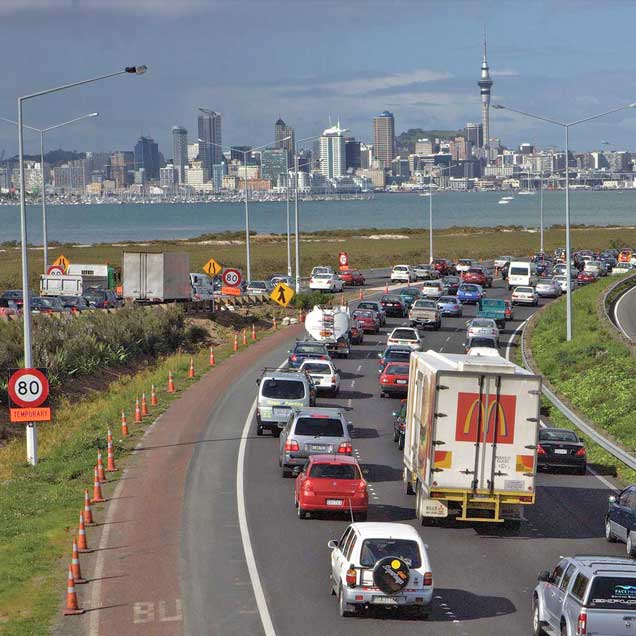
WHY SHOP AT MALLS?
Supermarkets, malls and other transport-based retail establishments outsource the cost of transport by design. Hundreds, even thousands of shoppers must own and use their cars to buy what they need.
Instead of moving people in cars everyday, move the destinations one time so they are within walking distance.
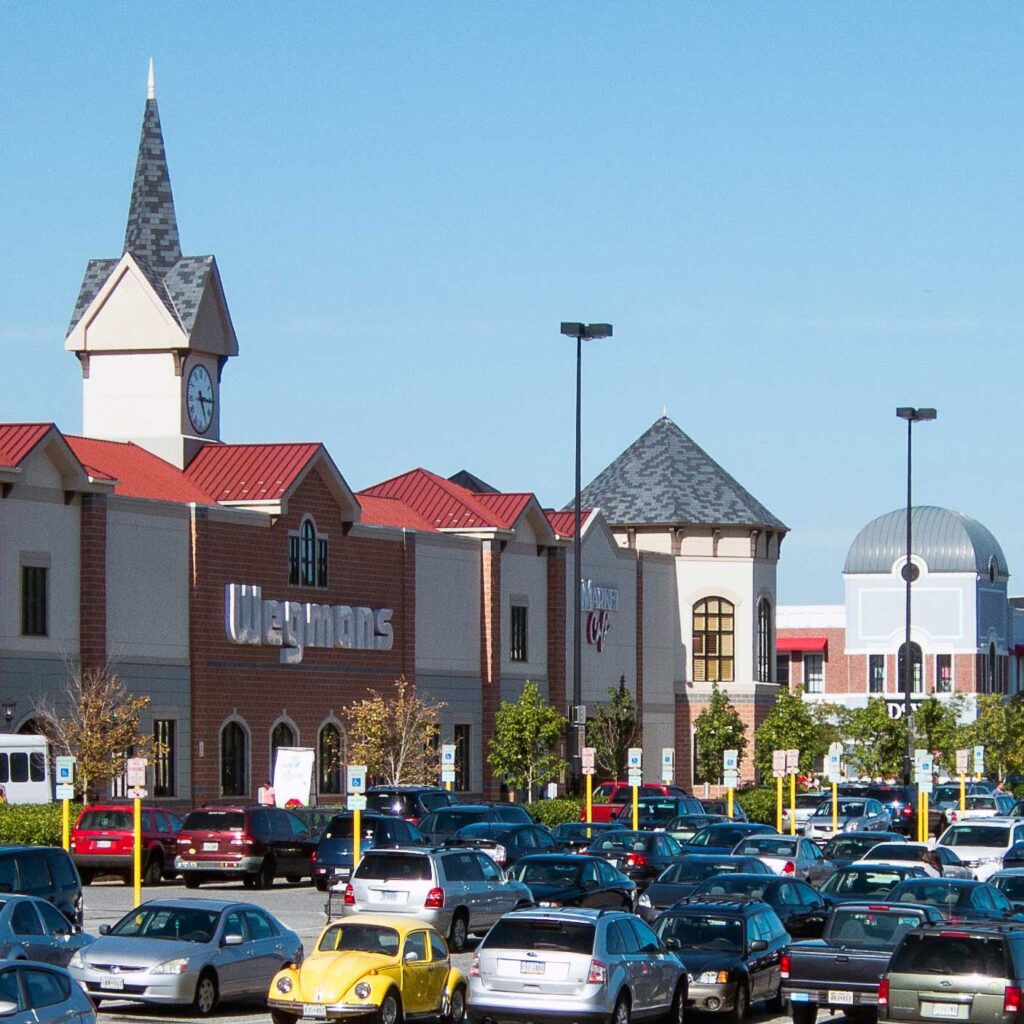
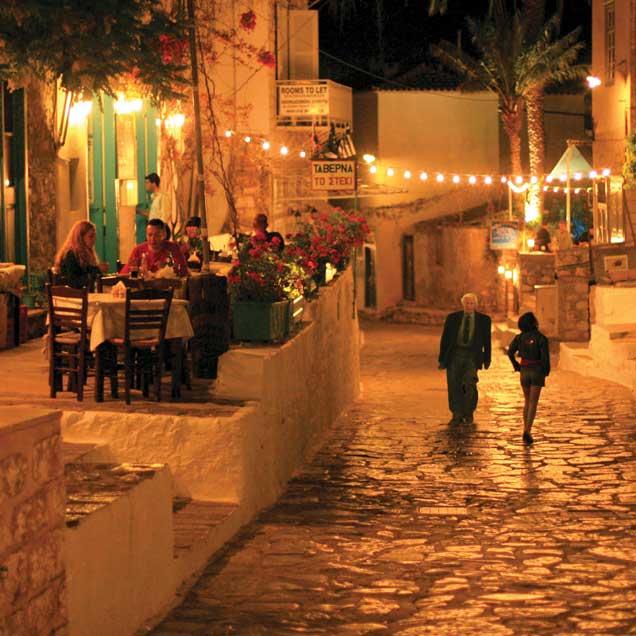
Walk
Move all day-to-day destinations within walking distance. Create a self-supporting, diverse local economy with local schools, shops, cafes & services. Local sports, places of worship and lifelong homes for old people who no longer drive.
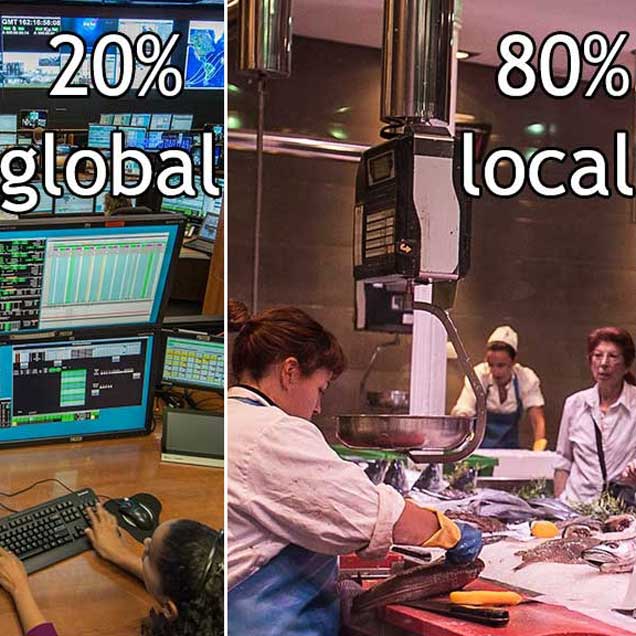
Work Locally
A Market Town is built upon a local economy in which 20% sell local to global (L2G) using technology to end the tyranny of distance. Those jobs import the money that circulates 5X locally, spent on 240+ different L2L job types before it outflows.
A Good Life
A self-supporting local economy is not an end in itself. It exists to enable people to enjoy a good life: the social pursuits of Conviviality, Citizenship, Artistic, Intellectual & Spiritual Growth.
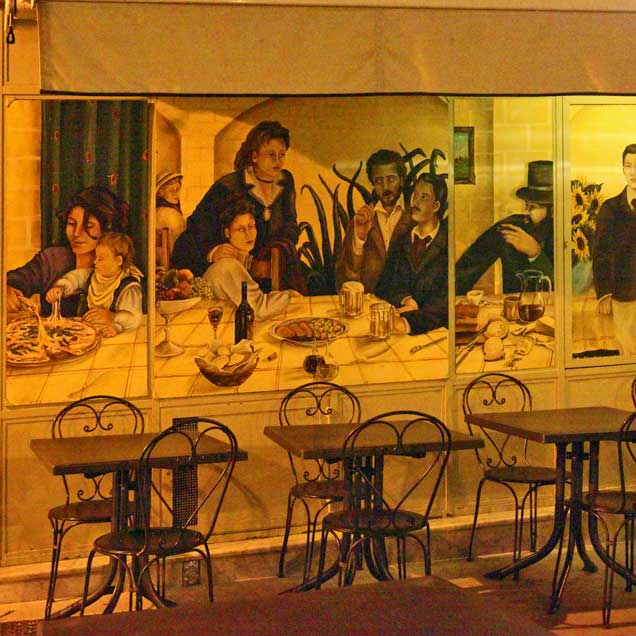
Conviviality
Food, drink, sport, laughter, enjoyment, parties, dancing the street, having fun. Each village includes a café funded by the initial development. This supports a complete, not elite community by making public dining affordable by all.
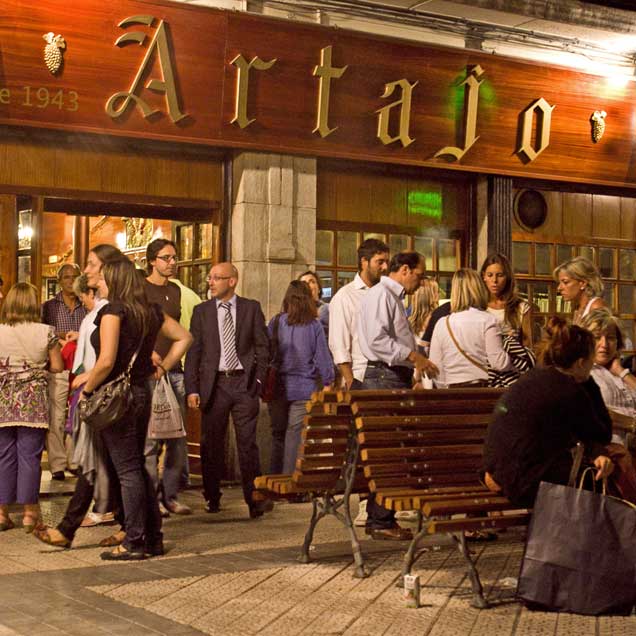
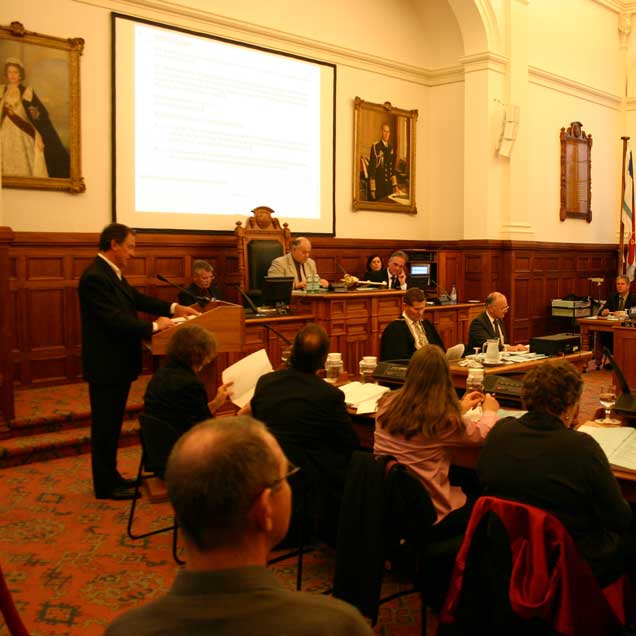
Citizenship
Taking care. Education of the young, looking after the weak and infirm. Honouring and having a place for elders. Citizenship is also about formal leadership, a village meeting or representative democracy for local control over local matters.
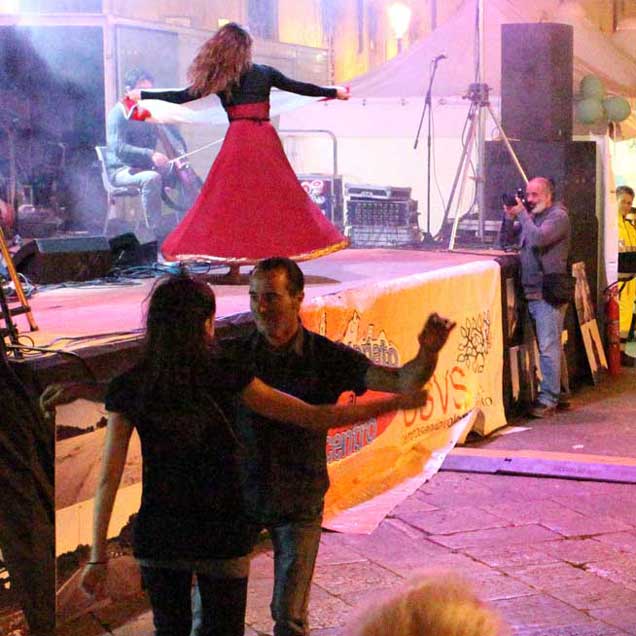
Artistic Growth
Each village has an artist guild hall funded by the initial development. The arts make a community culturally enriched, but too often they are gentrified out. The guild hall ensures they can stay and add to the vibrancy of the town.
intellectual Growth
A Market Town is too small to host a university, but should seek to attract campus extensions, think tanks and R&D centres. People who pursue intellectual growth are invaluable in offering different perspectives for healthy communities.
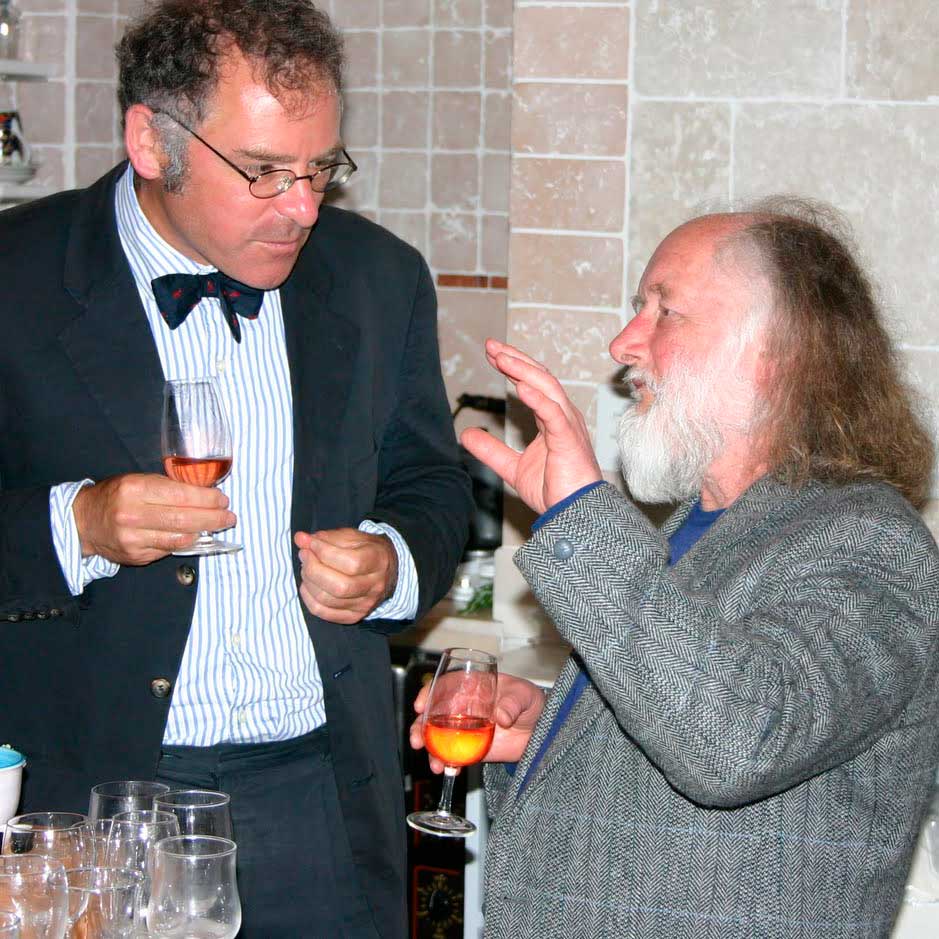
Spiritual Growth
Sacred buildings: church, mosque, temple imply a religious affiliation, whare tapu does not. Religious or not, people need sacred space for contemplation, rites of passage, and sanctuary. The development funds a sacred hall on each village plaza.
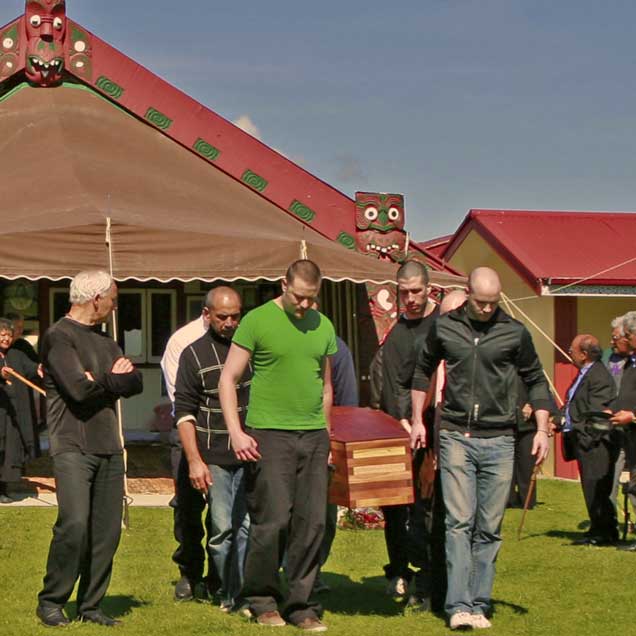
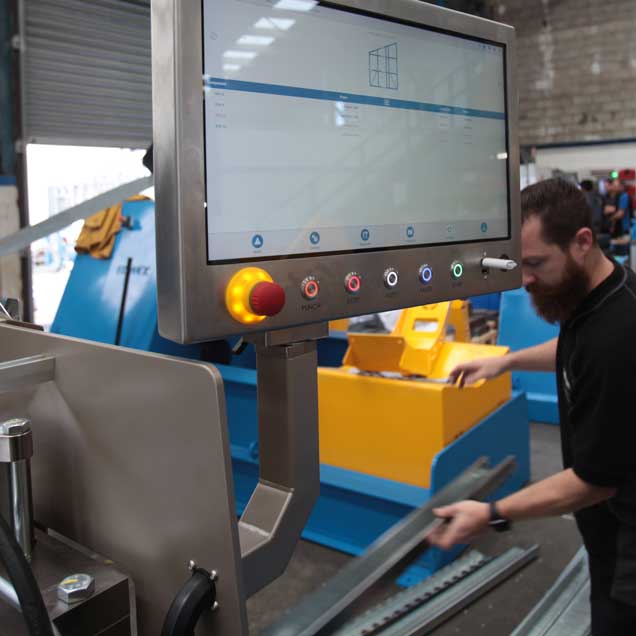
Complete, not elite
When a place is as attractive as a Market Town gentrification happens unless measures are put in place to ensure it remains affordable for workers who earn less, work with their hands, for artists and teachers. The plan ensures it remains complete.
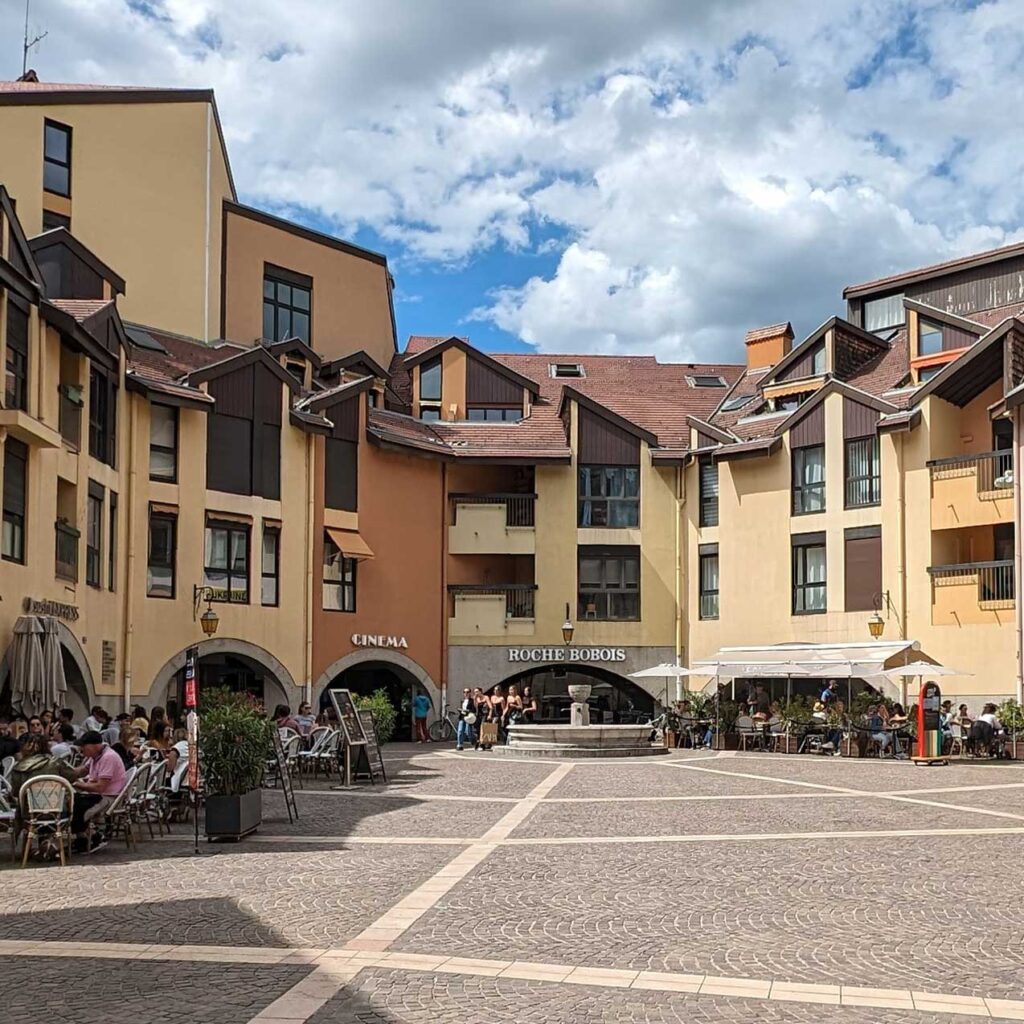
Affordable Housing
The best model seen to date is parallel market real estate. For example, the market for teacher housing is limited to teachers. Go to resell, ask any price, but only sell to another teacher; the home price is set by the salary band of teachers.
Money Turn
During the Great Depression, Australia, dependent on global trade suffered horribly. France had a much more local economy, the global collapse hardly touched them. Investing in local capacity is increasingly important as recent events show.

Energy Independence
Four hectares of land as a solar farm, connected to a container-size vanadium battery makes a town energy independent. The cost is amortised in the land price, thus lowering the cost of living. A national hydro-electrical drought is a non-event.
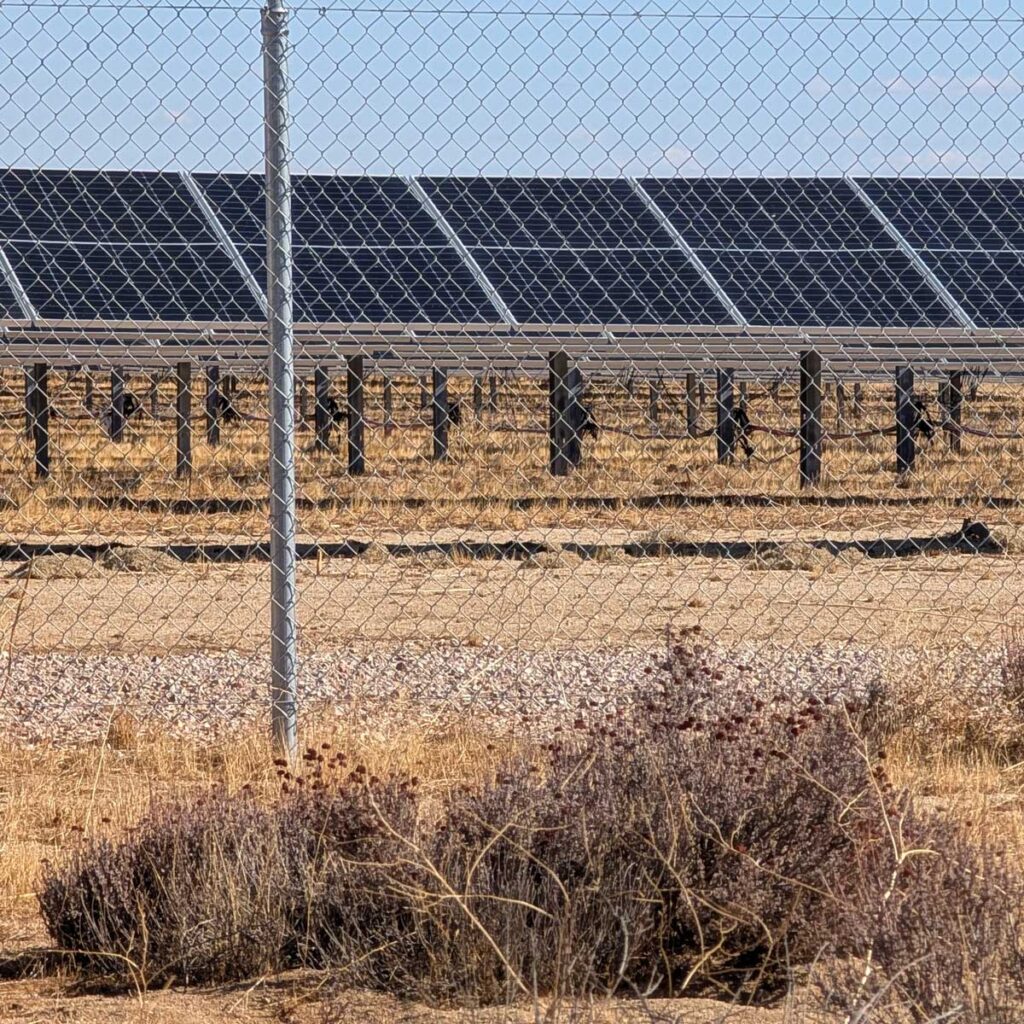
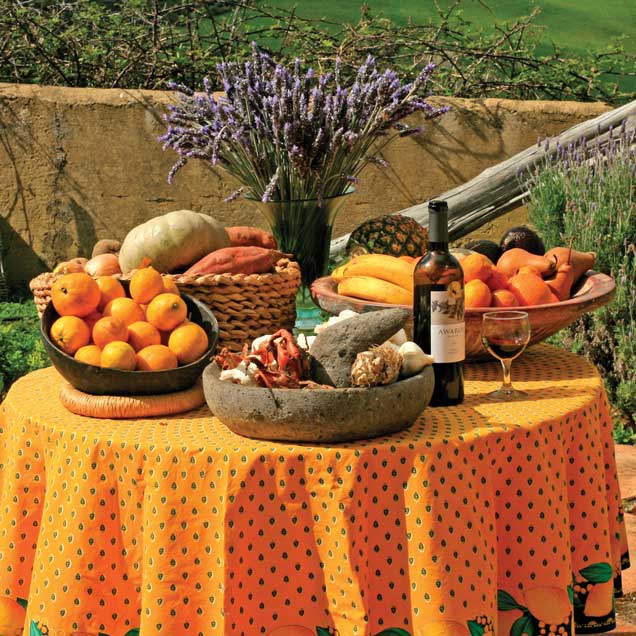
Food Independence
Since WWII, NZ has lived in peace and abundance. The future is less certain as global population grows. The time to secure local food independence is now, when land is affordable. Use advanced technology, solar glasshouses, biochar, etc.

Local Water
A Market Town is big enough to support 100% of its water needs from the sky. Harvest rainwater, reprocess grey water, capture storm water and manage waste water as a caloric rich surplus resource. No pipes beyond the town boundary.